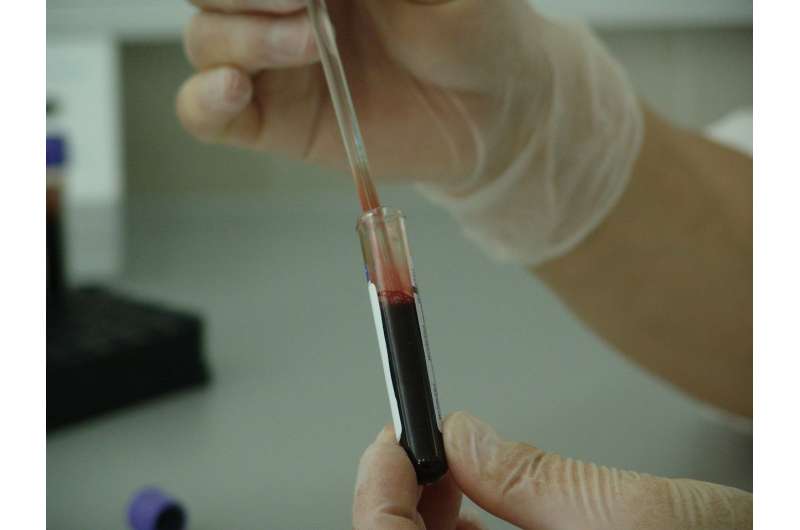Targeting NK Cells Promises New Strategies for Overcoming Tumor Resistance in Immunotherapy

Researchers uncover that NK cells may hinder immune response in resistant tumors, pointing to new targets to improve immunotherapy effectiveness in cancer patients.
Recent research from the VIB-KU Leuven Center for Cancer Biology has shed new light on the role of natural killer (NK) cells in cancer treatment. Traditionally viewed as beneficial immune cells that attack tumor cells, NK cells are now being reconsidered in the context of resistant tumors. The study, published in Cancer Discovery, found that in patients unresponsive to immune checkpoint blockade (ICB) therapies—a cutting-edge form of immunotherapy—NK cells may actually hinder the anti-tumor immune response.
The researchers analyzed tumor biopsies from melanoma patients before and after starting ICB therapy, employing advanced spatial omics technology to map immune cell locations within the tumor microenvironment. They observed that non-responders exhibited an early increase in cytotoxic NK cells, but these cells predominantly remained at the tumor's periphery rather than infiltrating the core. Conversely, tumors responding to therapy had NK cells co-located within the tumor mass alongside CD8 T cells, which are pivotal in destroying cancer cells.
Dr. Joanna Pozniak, the study's first author, emphasized that NK cells, usually considered allies in immune defense, may act as gatekeepers in certain tumor environments, blocking T cell infiltration and activity. Further experiments using a mouse model mimicking resistant tumors revealed that depleting NK cells allowed CD8 T cells to penetrate the tumor core, resulting in enhanced tumor clearance when combined with ICB therapy.
Mechanistically, the team identified the CX3CR1 chemokine receptor as a key player in recruiting NK cells to the tumor edge, facilitating their gatekeeping role. Blocking this signal could represent a novel approach to sensitize resistant tumors to immunotherapy.
This research is part of the Pointillism project, an initiative aiming to decode the complex cellular landscape of tumors with high precision. The ultimate goal is to develop a biomarker panel, possibly as a blood test, to predict which patients will benefit from immunotherapy, thereby expanding treatment options.
Prof. Jean-Christophe Marine, director of the center, hopes this discovery will pave the way for new therapeutic strategies that overcome current limitations in cancer immunotherapy, potentially making treatments effective for more patients in the future.
Source: https://medicalxpress.com/news/2025-06-nk-cells-door-effective-immunotherapy.html
Stay Updated with Mia's Feed
Get the latest health & wellness insights delivered straight to your inbox.
Related Articles
Innovative RNA Modification-Based Liquid Biopsy Detects Early Colorectal Cancer with High Precision
A groundbreaking blood test using RNA modifications has achieved 95% accuracy in detecting early-stage colorectal cancer, promising a highly sensitive, non-invasive diagnostic tool.
Higher Overdose Death Rates Among Men Linked to Alcohol and Drug Co-Use
Men are two to three times more likely to die from overdose, partly due to the common practice of combining alcohol with drugs like fentanyl. New research highlights the risks and calls for targeted prevention efforts.
Sequencing Treatments Enhances Outcomes in Head and Neck Cancer Study
A groundbreaking study reveals that precise timing of radiation and immunotherapy significantly improves treatment success in head and neck cancer, paving the way for innovative approaches in cancer therapy.
'Barcodes' Written into DNA Uncover How Blood Ages
New research uncovers how DNA methylation barcodes reveal blood cell aging, showing reduced stem cell diversity and clonal expansion linked to age-related inflammation and disease risks.



